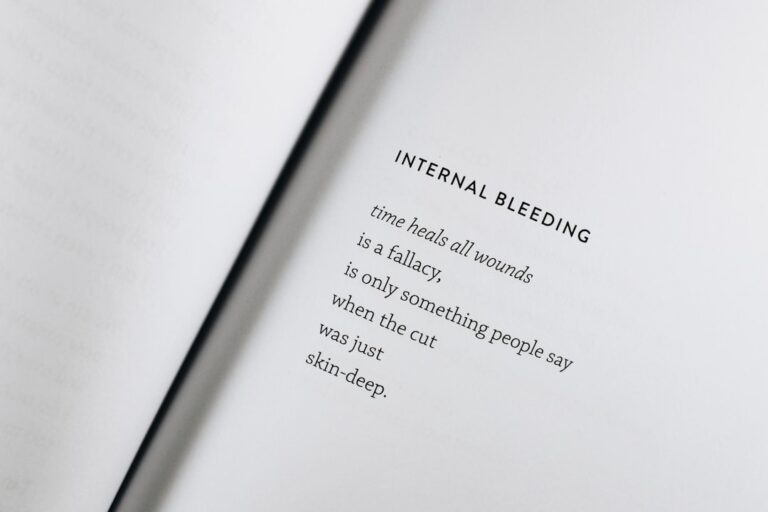
Ever find yourself expertly rearranging your sock drawer when a big deadline looms? You're not alone. That pull towards anything but the task at hand is something we all wrestle with. For years, our founder Stephen Montagne, navigated his own battles with procrastination. He faced down habits like gaming binges and unhealthy eating eventually losing over 110 pounds and finding a new rhythm for his life. His journey shows that understanding procrastination is the first step to overcoming it. So let's dive into some common examples and insights. Maybe you'll see a bit of yourself here. More importantly, you'll find some friendly nudges to help you move forward.
Insight 1: It's Often Emotion Not Laziness
First things first. Let’s bust a myth. Procrastination usually isn't about being lazy. Surprising right? More often it’s our brain trying to steer us away from uncomfortable feelings. Think about that task you're avoiding. Does it make you feel bored, frustrated, anxious, or self-conscious? Bingo. We put things off to avoid those negative emotions. Stephen recognized this when he kept delaying healthier choices. The thought of overhauling his lifestyle felt huge and scary. It was easier to stay in the comfort zone even if it wasn't good for him.
Insight 2: The "Future You" Will Magically Be Better
We all do this. We tell ourselves "I'll feel more like it tomorrow" or "Next week I'll have more energy." This is the "Future You" myth. We imagine our future self as this super-motivated, disciplined hero. But when tomorrow comes, we're often the same person with the same feelings. Realizing that the best time to start is often now with small steps is a game-changer.
Insight 3: Perfectionism Puts Up a Stop Sign
"If I can't do it perfectly, I won't do it at all." Sound familiar? Perfectionism is a sneaky saboteur. It sets the bar impossibly high. Then the fear of not meeting that standard paralyzes us. So we don't start. Remember progress is better than perfect. An imperfectly completed task is way better than a perfectly planned one that never happens.
Insight 4: Fear Takes the Driver's Seat
Fear of failure is a big one. What if I try and mess up? What if people judge me? But guess what? Fear of success can also make us procrastinate. Success brings change. It brings new responsibilities and visibility. That can be scary too. Stephen felt this. The idea of losing a lot of weight was exciting but also daunting. It meant a completely new way of life. Facing those fears head-on was crucial.
Insight 5: The Mountain of Overwhelm
When a task looks enormous like climbing Mount Everest we naturally shy away. "Write a book." "Lose 100 pounds." "Clean the entire house." These huge goals can shut us down before we even begin. Stephen's 110-pound weight loss journey didn’t happen by focusing on the total. It happened by breaking it down into smaller manageable goals. One healthy meal. One workout. One day at a time.
Insight 6: Chasing Instant Comforts
Our brains love quick rewards. Scrolling social media, playing a game, or eating a sugary snack gives us an immediate little dopamine hit. The important tasks however often have delayed gratification. Choosing long-term benefits over short-term comfort is tough. Stephen knows this well from his experiences overcoming gaming and binge eating. He had to find healthier ways to get that sense of satisfaction.
Insight 7: Decision Fatigue Drains Your Willpower
Ever feel like you just can't make one more decision by the end of the day? That's decision fatigue. Our brains have a finite amount of decision-making energy. If we use it all up on small things we might have none left for the big important tasks. This can lead to putting them off simply because we're mentally tired. Simplifying choices in other areas of life can help preserve energy for what matters.
Insight 8: The "Busy" Illusion
Sometimes we trick ourselves. We fill our days with lots of little easy tasks. We answer emails clear our desk or organize files. We feel busy. We feel productive. But are we doing the right things? Often this "busywork" is just another way to avoid the challenging meaningful tasks that will actually move us forward. It's a comfortable distraction.
Insight 9: The Magic of Just Starting (Seriously Just 5 Minutes)
This insight is pure gold. The hardest part of any task is often just getting started. So make a deal with yourself. Work on it for just five minutes. Or two minutes. Anyone can do something for five minutes right? More often than not once you start you'll find the momentum to keep going. Stephen built his productive routine around short bursts of deep work just 2 to 4 hours. It proves you don’t need an entire day. You just need to begin.
Here are a few ways to make "just starting" easier:
- Break it down: What's the very first tiny step? Do only that.
- Set a timer: Commit to a short period. When the timer goes off you can stop guilt-free (but you might not want to!).
- Remove distractions: Clear your space. Turn off notifications. Give yourself a fighting chance.
- Pair it with something nice: Can you listen to music while you do it? Have a cup of tea first?
Insight 10: Self-Compassion Beats Self-Criticism
When you procrastinate what’s your first reaction? Do you beat yourself up? Call yourself lazy? Most of us do. But this inner critic actually makes procrastination worse. It adds shame and guilt to the negative feelings you were already trying to avoid. Practicing self-compassion means treating yourself with the same kindness you’d offer a friend. Acknowledge it’s tough. Forgive yourself. Then gently guide yourself back to the task. Stephen found that celebrating small wins and practicing daily gratitude helped him build a more positive inner voice.
Finding Your Anchor
For Stephen a significant part of his transformation came from strengthening his Christian Orthodox faith. Finding a deeper purpose and a closer relationship with God provided him with an anchor. This spiritual foundation gave him strength and perspective to tackle ingrained habits and build a life aligned with his values. It wasn't just about willpower. It was about a fundamental shift in what mattered most. This doesn't mean everyone needs the same path. But finding your own "why" your own source of deeper motivation can be incredibly powerful in overcoming procrastination.
Procrastination is human. We all stumble. The key is to understand why we do it and to approach ourselves with a bit more kindness and a few smart strategies. It’s about progress not perfection.
So what’s one small thing you’ve been putting off? Just one. Could you give it five minutes today? Not tomorrow. Today. See what happens. You might just surprise yourself.





